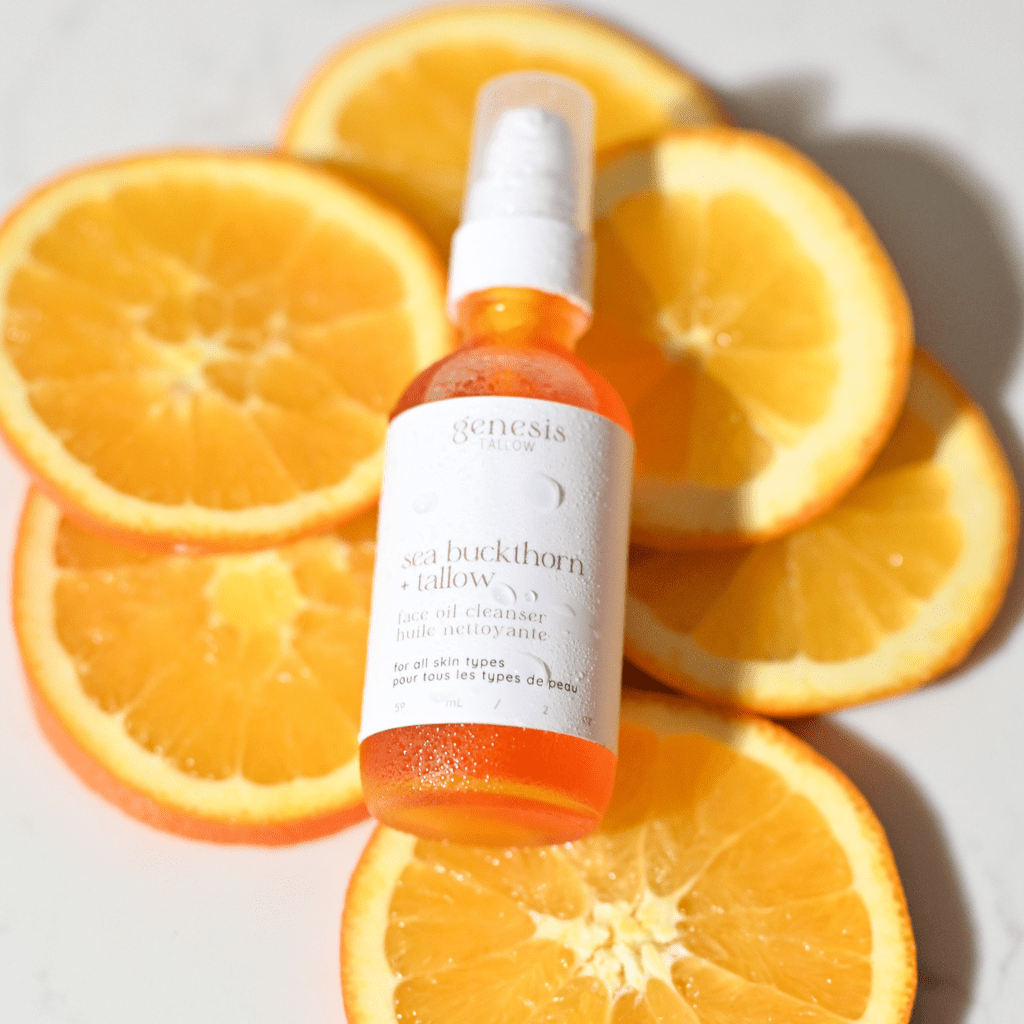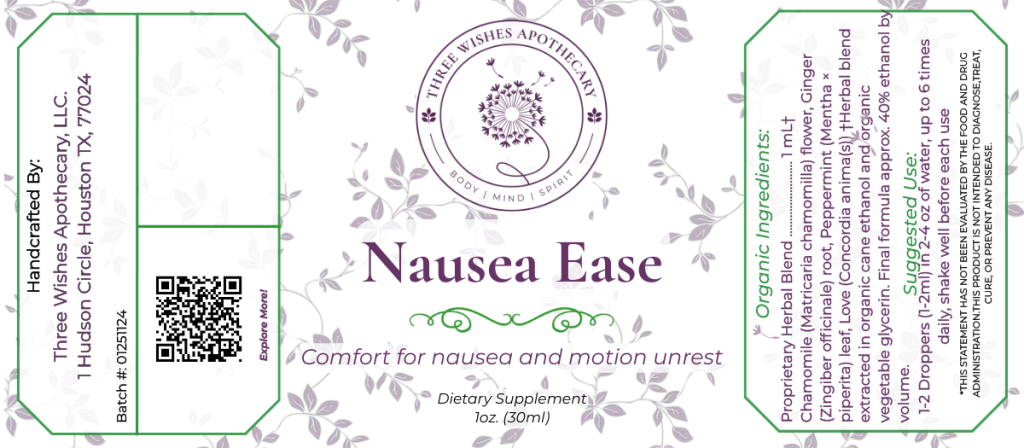Medicinal Action

Clarifying

Products containing Clarifying
Discover our collection of artisanal salves for holistic healing.
Sea Buckthorn & Tallow Face Oil Cleanser
This face oil cleanser dissolves and lifts away dirt, make-up, & impurities without stripping skin. Sea buckthorn and tallow are a vitamin cocktail that supports skin regeneration while cleansing and moisturizing. Perfect for all skin types.
Monographs with the (Clarifying) function
Nausea Ease
This calming nausea-support formula brings together three time-honored herbs known for their soothing digestive qualities. Chamomile offers gentle relaxation to the belly, ginger supports natural digestive rhythm and steadiness, and peppermint brings a cooling clarity that eases discomfort. Together, they create a balanced blend that encourages your system to settle and find its center again.
Whether you’re navigating motion sensitivity, queasiness, or moments when the body feels a little off balance, this extract provides supportive relief without heaviness. Crafted with organic herbs and a blend of organic cane ethanol and vegetable glycerin, it’s a comforting ally you can tuck into your bag, keep in the car, or keep by your bedside for those unexpected moments when you need grounding.
Eleuthero (Eleutherococcus senticosus)
In traditional Chinese medicine (TCM), Eleuthero has been used for over 2,000 years to fortify Qi and support the Spleen and Kidney meridians. It was traditionally used to increase stamina, combat fatigue, and strengthen the immune system, especially during recovery from illness. In Russia, Eleuthero gained prominence during the Soviet era for its ability to enhance athletic performance, mental clarity, and stress resilience.
Current Uses:
Today, Eleuthero is widely used as an adaptogen, helping the body adapt to stress and improve endurance and energy. It is commonly used for:
- Increasing energy and stamina during periods of fatigue or physical exertion
- Supporting immune function, particularly in times of stress or recovery
- Balancing stress responses, promoting mental clarity and focus
- Enhancing athletic performance and aiding in post-exercise recovery
- Improving overall vitality and resilience to environmental stressors
*To learn more about this plant’s traditional and modern uses, energetics, and potential contraindications, visit our Materia Medica section and search for this herb by name. There, you’ll find detailed notes on safe use and preparation methods.



